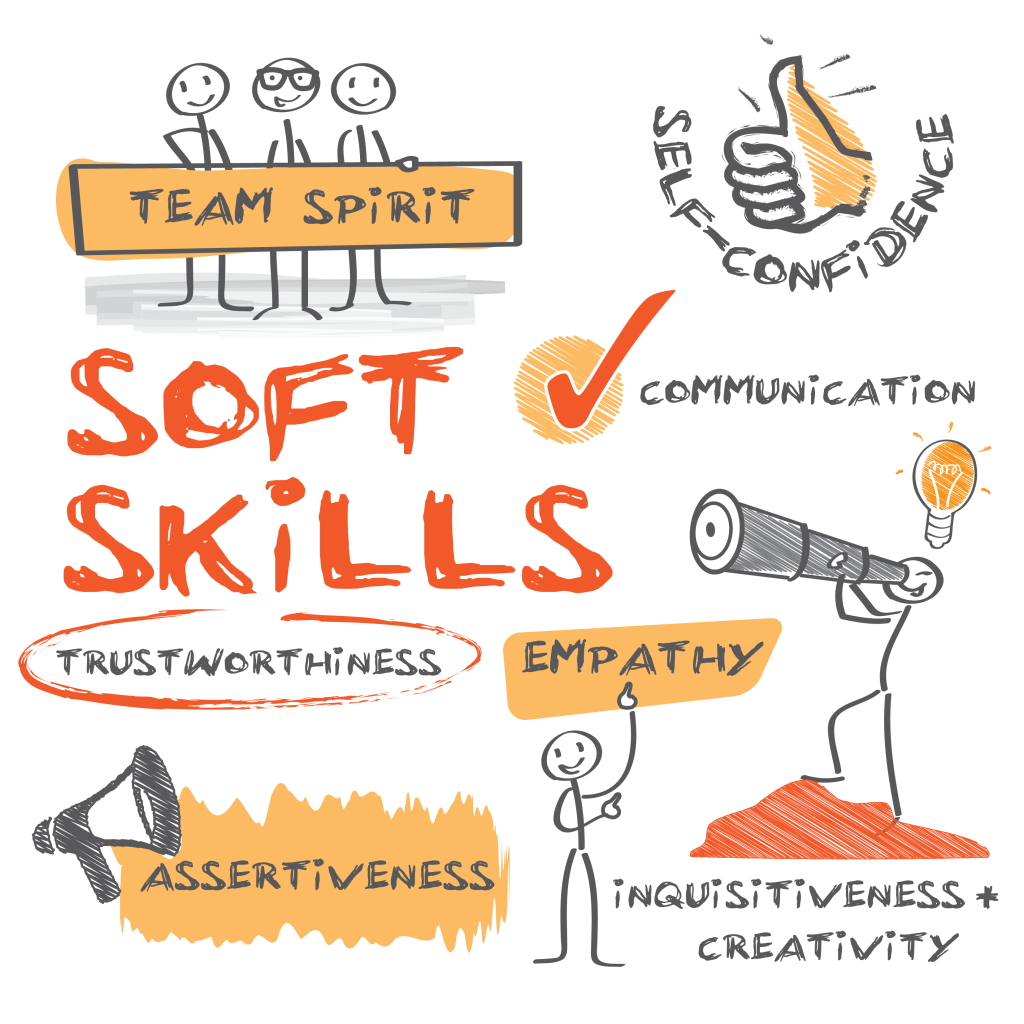 While the world is geared to embrace Artificial Intelligence, the facts show that Human Intelligence is not about to become extinct. Far from it, says Cape Town-based Chantal Kading, Executive Coach and Leadership & Talent Strategist.
While the world is geared to embrace Artificial Intelligence, the facts show that Human Intelligence is not about to become extinct. Far from it, says Cape Town-based Chantal Kading, Executive Coach and Leadership & Talent Strategist.
The skills of the future are not about more technology and hard skills. These are empty without soft skills. The World Economic Forum’s Future Skills list for 2025 comprises largely the soft stuff, such as critical thinking, flexibility, resilience, emotional intelligence, complex problem-solving and originality.
What if it is possible that one day our children live in an era of technological dictatorships, implanted computer chips that read and monitor our thoughts, where our every move is tracked by facial recognition and an algorithmic obedience system deployed by governments throughout the world?
In this dystopian future, our leaders will use artificial intelligence to decide if we could receive welfare, education, medical care, or even food. In an everything-automated world, most people will be without work in an economy of digital exclusion. Only a small percentage of humans on earth will be digitally equipped to function in the economy. Such a future is possible if we do not control and regulate technology in our current age. So argues Johan Steyn, an AI and Automation thought leader.
Is this what we are building through today’s business automation craving? Are we creating our own demise by dehumanising each other with boardroom acronyms such as FTE, Full Time Equivalent,as if our fellow citizens are merely head count, a general consumable, expendable?
If hindsight is 2020, we need to apply foresight in 2023 and utilise responsible AI, or land humanity in the wrong ICU. The difference between AI and humans is Heart, the only organ where cancer barely ever occurs. Our heart holds the code to human intelligence – when we connect, become present and receptive, we can reimagine the future.
Soft skills are traditionally perceived as inferior to hard skills because it is difficult to quantify and measure. At school level, hard skills such as literacy and numeracy are systematically measured and graded, but resilience, empathy and teamwork are not. Due to this perception a welcome change of terminology has been proposed from “soft skills” to “essential skills”, “complex skills”, or “human capabilities”.
The future of work is so fluid and technology changing so rapidly, that hard skills become obsolete even faster. According to Harvard Business Review the best way to make organisations more data-centric and digital is to invest in people who are most adaptable, curious and flexible in the first place. Just as Supply Chain has been the essential service during the pandemic, so these essential skill sets are taking centre stage in the future of work.
Future peak performance is paved with mental and emotional grit and cemented by the social art of communication, time alchemy and data-storytelling. It can be viewed as a human collaboration of your heart-set and mind-set, reskilling and integrating your four Human Intelligences:
- AQ, Agility Quotient is about mind-set, the ability to deal with adversity, persevere and place oneself in the optimum position.
- EQ, Emotional Quotient is the ability to recognise and manage one’s own emotions as well as the emotions of others with resilience and flexibility.
- SQ, Social Quotient determines how well we interact with others. Communication is an art and being an influencer requires attentive listening and empathetic feedback.
- IQ Intellectual Quotient is the original intelligence measure that was a fixed number based on numeracy and literacy. The future of intellect is the numbers of time and data. Data is the new soil and data-storytelling a new craft backed up by science, a translator and interpreter. An integrated personal and professional life requires the alchemy of time. Time-for-Productivity is a peak performance optimisation system.
Corporate purpose is a concrete objective for business that reaches beyond profit maximisation. Should we continue to focus on profit at all costs and efficiency at human cost, we will end up in business ICU. The key is to automate value chains not tasks, to integrate your artificial intelligence through human intelligence. gain exponential results, inspire our community and unify a legacy of possibility, supplying a sustainable future our grandchildren will be grateful for and thrive in.
So ask yourself, what if we could become legacy leaders, igniting possibility and raising humanity in business?
By Chantal Kading, Founder and Managing Director of People Shop, Cape Town, a career enhancement firm focused on linking business and forging leaders, careers and talent in the supply chain and consulting industry.























